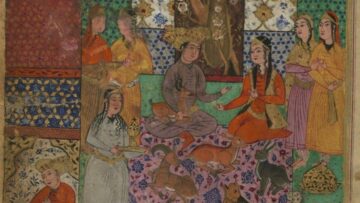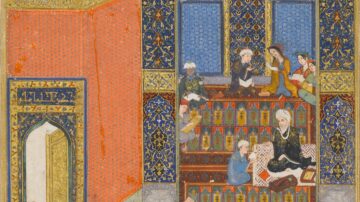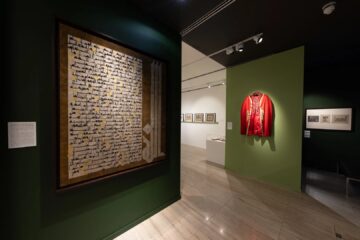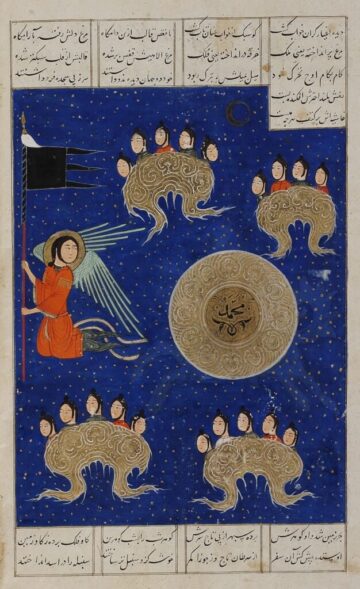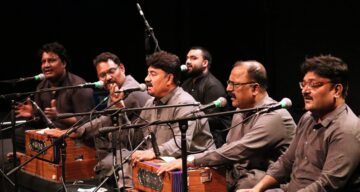- South Asian Studies
- Lecture series
The Pious Labour of a Muslim Master Mason: Craft, Authority, and Shi'a Identity in British India
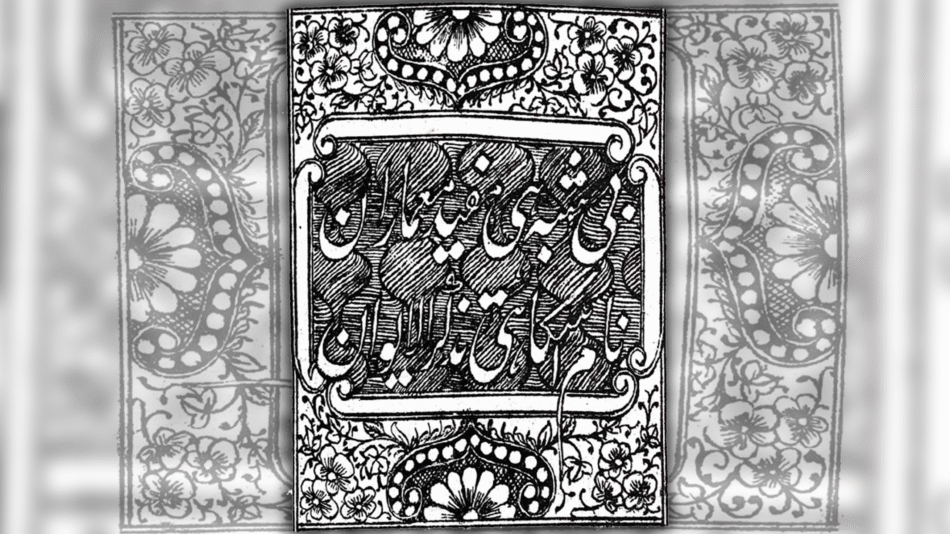
-
Status
Open -
Date
25 Jun 2025 -
Location
Aga Khan Centre
This lecture will be held in-person beginning at 18.00 BST.
How did a Shi’a master mason in British India conceive of the relationship between his faith and his labour? What might his experiences and writing tell us about the religious and political contestation over craft technologies and labour hierarchies in the context of colonial authority? In this talk, Dr Lanzillo explores the relationships between Islam and craft labour in late nineteenth-century north India through an analysis of an Urdu masonry manual composed by lead mason and architect Riyasat ʿAli Sarshar of Lucknow. Titled the Tazkirah al-aiwān (Compendium of buildings), the versified treatise provided advice on the pious practice of masonry and building crafts, drawing on Sarshar’s authority as a descendant of masons patronised by the Nawabs of Awadh and his work constructing a local imambara. Through a close engagement with this text, Dr Lanzillo explores Shi’a craftsworkers’ social positionalities within the religiously plural contexts of Indian craft labour, asking how master craftsmen like Sarshar negotiated shifting technological hierarchies and new colonial systems of architectural knowledge and authority.
Speaker
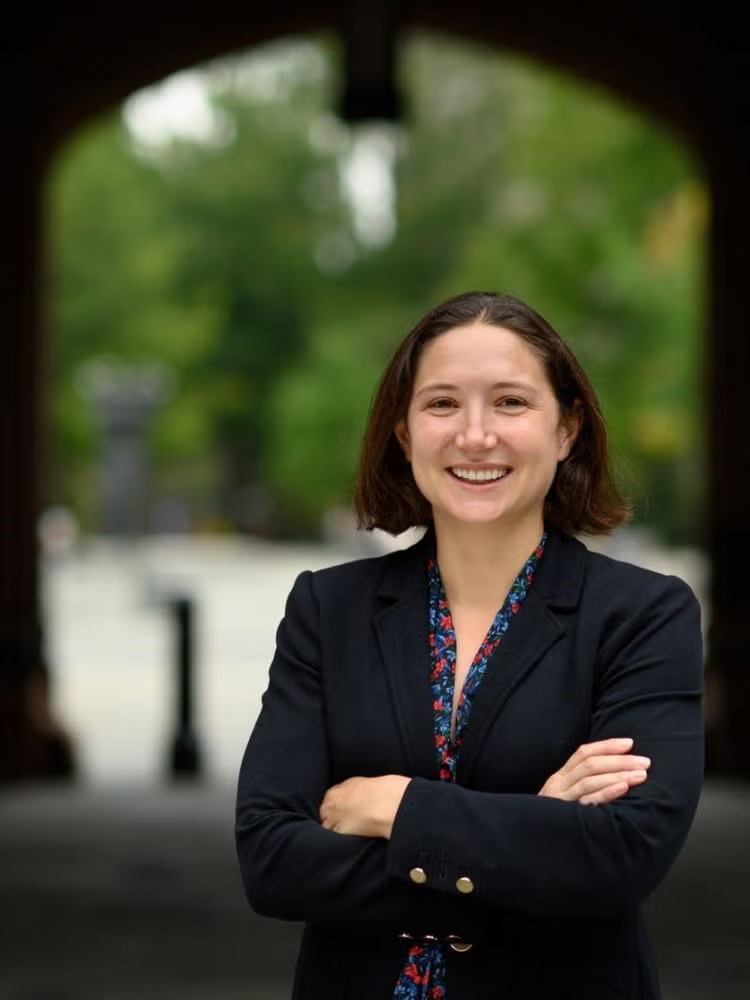
Amanda Lanzillo
Assistant Professor
Amanda Lanzillo is an Assistant Professor in the Department of South Asian Languages and Civilizations at the University of Chicago and a historian of Islam, labour, and technology in modern South Asia. She is the author of Pious Labor: Islam, Artisanship, and Technology in Colonial India (University of California Press, 2024). Currently Amanda is a fellow of the American Council of Learned Societies, developing new research on mobility and migration between India and Afghanistan.
Discussant

William Rees Hofmann
Research Associate
William Rees Hofmann (PhD, SOAS) is a Research Associate at the Institute of Ismaili Studies. He has published on the musical knowledge and Afghan biographies of the poet-musician Amīr Ḳhusraw, and the construction of Hindustani music history in Mughal texts. He is currently working on the connected textual and musical traditions of Nizārī Ismā’īlī, Sufi, and Bhakti devotion in early modern Gujarat, Rajasthan, and the Deccan, as well as completing a monograph, tentatively titled Amīr Ḳhusraw and Sufi Ecologies of Song: South Asian Musical Traditions from the Sultanate to Early Mughal Period, under contract with EUP. William is also a multi-instrumentalist and composer specialising in both the Indian Sarod and the Afghan Rubab, and is the director of Ensemble Khusrawi, an Indo-Persian musical ensemble.
Unexplored Sources and Uncharted Territories
The lecture series Unexplored Sources and Uncharted Territories, hosted by The South Asian Studies Unit at The Institute of Ismaili Studies, invites scholars who work on exciting new avenues of research and hitherto unknown or underutilised archives and sources to discuss their work, exploring new contexts in South Asian Studies broadly and Ismaili studies in particular.

